I have a strange behavior on my c# code (asp.net code behind). I post here a screenshot of the watch window:

I have an object user that is null (as you can see) and the compare: user == null returns false. I don't understand why!
Is someone here that can explain why this happens?